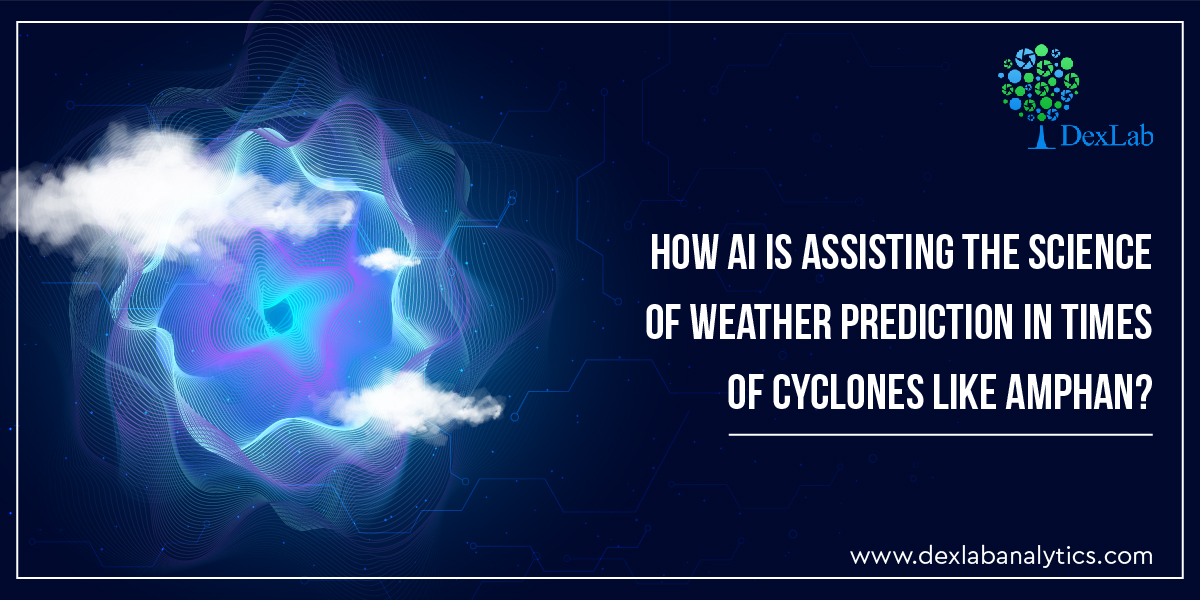Artificial Intelligence, the science of making computers function with the intelligence of the human brain sans the intervention of human beings, is the biggest find of the century. It is powering everything from our personal email to space exploration.
It is, thus, imperative to discuss the very platforms that make AI a reality. Computer programming languages too are fast evolving and there is no one such language that fits the needs of an AI engineer comprehensively. So we shall examine the plus points of the most popular programming languages to choose from this year.
Python
Python is an easy-to-learn programming language that helps AI novices enter the world of programming easily. Python not only has an excellent repository of libraries and a strong community support on the Internet, it is also extremely flexible as a programming language. Platform independence and extensive frameworks that are most needed for Deep Learning and Machine Learning are advantages Python boasts of. Some of its most widely used libraries are Tensor Flow, Scikit-Learn, PyTorch, Keras, SparkMLlib, MXNet and Theano.
Java
Java, widely held to be the best programming language in the world, has two decades worth of testimonials by AI engineers to back the claim. It is highly user friendly and flexible in nature, equipped with excellent platform independence. It is therefore widely sought after for developing AI models. It has some very strong libraries like TensorFlow, Deep Java library, Kubeflow, Open NLP among others.
R
R, created in 1995, is currently maintained by the R Development Core Team. It is the implementation of S programming language. It helps AI engineers develop statistical software and data analysis. What makes it robust, as a language for developers, is the fact that it facilitates crunching of large numbers. In this regard it scores over python. Moreover, says a report, with R you can work on various paradigms of programming such as functional programming, vector computation, and object-oriented programming.
Prolog
Short for Logic Programming, this language is especially suited to build AI models on and develop NLP packages with. For instance, Prolog is used to build chatbots very effectively. Eliza, the first ever chatbot, was built with the assistance of Prolog. “Prolog offers two approaches for implementing AI that has been in practice for a long time and is well-known among data scientists and researchers: The Symbolic Approach that includes rule-based expert systems, theorem provers and constraint-based approaches and the Statistical Approach that includes neural nets, data mining and machine learning.”

There are many more languages to choose from. Lisp, Julia and Haskell are some of these strong and worthy languages AI engineers can choose to use besides the ones listed above. Every programming language has its own merits and demerits. It is upto the AI engineer to choose wisely after conducting a thorough research and doing due diligence. Dexlab Analytics, a premier artificial intelligence training institute in Gurgaon, suggests the use of Python and R for building AI models.
.













